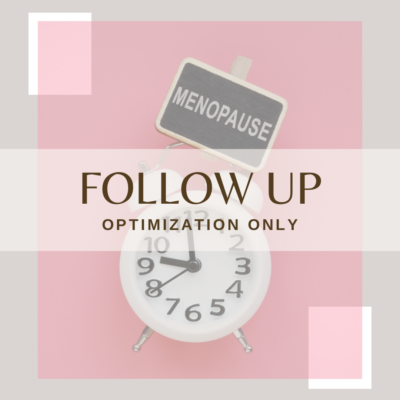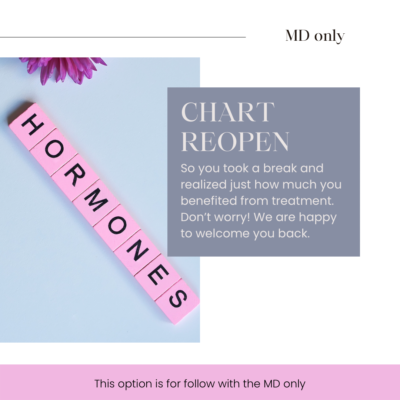Let’s talk micronutrients and how they are affected by age.
A decline in digestive capacity means a reduced availability of nutrients, especially those that are protein bound. In simple terms this means you have low HCl and bile. Without enough hcl and bile, protein-bound nutrients cannot be liberated and are not available for absorption – they can’t be utilized. This is a primary reason for intracellular deficiency.
Nutrients affected by reduced digestive capacity may include.
- B12
- Folate
- Iron
- Calcium
- Magnesium
- Potassium
- Zinc
As we age, especially in the elderly community – we naturally consume less nutrient dense foods. As metabolism slows, we experience suppressed HCl in the stomach and since as we age we may also have dental or oesophageal issues that prevent adequate chewing and swallowing of foods like protein or fibrous foods. Reduce fluid, electrolyte regulation as well as a greater prevalence of chronic disease.
Typical nutrient deficiency seen in ageing populations include:
- Vitamin B6
- Folate
- Vitamin B12
- Vitamin C
- Vitamin D
- Vitamin E
- Calcium
- Magnesium
- Iron
- Zinc
- Protein
- Omega-3 fatty acids
Bioaccumulation of toxins
With age comes longer exposure to naturally occurring and man-made toxic elements. These can bioaccumulate and slow down our natural detoxification processes, which further exacerbates the body’s ability to excrete toxins.
This buildup happens almost in a compounding manner, as we age and continue to experience declining detox capacity- allowing build up.
Toxic accumulation of substances is most likely to come from:
- Heavy metals
- Mold
- Industrial byproducts (fertilizer and pesticide residue, PCBs BPA etc).
Cumulative, lifelong exposure of substances deplete antioxidants. As we age these toxic exposures can deplete, or severely impair natural antioxidant capacity, such as glutathione, vitamin A, C & E, and also minerals.
As those mechanisms become depleted, bioaccumulation typically occurs at a greater rate.
Antioxidants affected include:
- Glutathione vitamin A
- Vitamin C
- Vitamin D.
Changes in our gut microbiome happen with dietary pattern changes.
As we age and changes dietary intake, due to changes in habits, availability of food/nutrients, medical need etc- our microbial populations are impacted. This in turn impacts liberation, manufacture and absorption of certain nutrients
Bacterial populations affected are:
- Bifidobacterium (may decrease)
- Lactobacillus (may decrease)
- Akkermansia (decrease)
- Proto bacteria (may increase)
- Firmicutes:Bacteroidetes ratio (increase)
Cognitive decline is associated with nutrient deficiencies.
As we age our diet changes. We accumulate toxins from normal every day or acute exposures. With this we see a decline in the following nutrients… (Which impact myelination, cognitive function, and antioxidant status):
- Vitamin A
- Vitamin C
- Vitamin D
- Vitamin E
- Choline
- Magnesium
- Essential fatty acids
- B vitamins
- Glutathione
- Cysteine
- Glutamine
- Arginine
- CoQ10
- Zinc
Many neurological symptoms are associated with nutrient deficiencies from those listed above, which can range from cerebellar/gross motor dysfunction, to cognitive impairment/decline, to mood abnormalities, to neuropathy.
It is critical for us to assess the patterns of deficiency in the face of nutritional intake and symptomology in order to determine the most effective interventions for clinical improvement. This is why when testing we consider additional labs to get a more comprehensive assessment.
In combination with Micronutrient testing we add an Omega panel (can only be purchased as an add on not a stand alone). We can also consider Heavy-Metal testing, the GUT Zoomer or Wheat Zoomer panels, or the Neural Zoomer plus (coming soon!).





